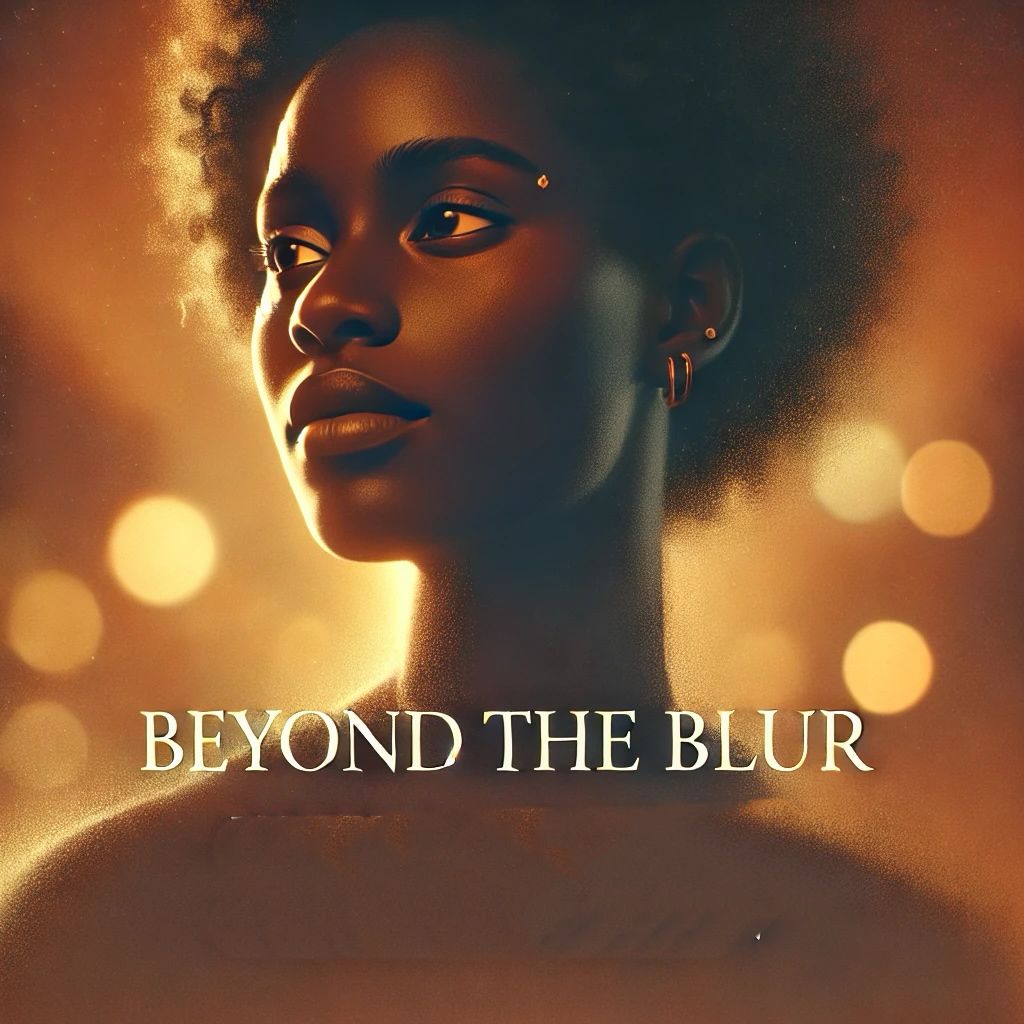
The Beginning of the Blur
In 2005, I woke up to something unsettling—my left eye was swollen, red, and unbearably sensitive to light. At the time, I had no idea this was the first sign of a much deeper issue. A doctor prescribed medication, and within days, the symptoms faded. I moved on, thinking it was just another passing infection.
But then came the headaches.
Over the years, my vision felt “off.” I struggled with frequent eye strain and discomfort, but routine eye exams only resulted in new prescriptions—none of which truly addressed the root cause. Doctors reassured me that I just needed stronger lenses, so I adjusted. I squinted more, I dealt with the strain, and I convinced myself that this was just my new normal.
The Long-Awaited Diagnosis
It wasn’t until 2022, nearly two decades later, that I finally got the truth: I had bilateral retinal detachment—meaning both of my retinas had separated from the back of my eyes.
The moment I heard the diagnosis, it felt like the air had been sucked out of the room. How could I have been living with something so serious for so long? Left untreated, this condition could lead to permanent blindness. My mind raced with questions: Why hadn’t anyone caught this earlier? How much time did I have before my vision disappeared completely? Was it too late?
There was no time to dwell on the shock. My doctors were clear: I needed surgery immediately.
Vitrectomy and the Road to Recovery
To save my sight, I underwent a pars plana vitrectomy with silicone oil placement—a complex surgical procedure where the vitreous gel inside the eye is removed and replaced with silicone oil to hold the retina in place.
The surgery itself was just the beginning. Recovery was grueling. For weeks, I had to follow strict positioning, often keeping my head in a downward position for hours to allow the retina to heal properly. My movements were limited, and every small action had to be carefully measured.
Then, there was the painful spike in eye pressure, a common post-surgery complication. The sharp, throbbing pain behind my eyes was unlike anything I had ever experienced. It was a constant battle between discomfort and patience, knowing that healing takes time.
Adapting to Life with Low Vision
Despite these obstacles, I’m still here—adapting, learning, and finding ways to navigate life with low vision. Some things will never be the same. Reading handwritten text is nearly impossible. Digital text is accessible, but only with zoomed-in fonts and high contrast settings. Recognizing faces is a challenge unless someone speaks, and even simple daily tasks require extra effort.
But I refuse to let this condition define me. Instead, I’ve embraced new ways to stay independent, advocate for awareness, and share my journey with others.
What I’ve Learned: Protect Your Vision
If there’s one thing I hope my story teaches others, it’s this: Vision problems aren’t always obvious. Regular, thorough eye exams can make all the difference.
For years, I trusted that my worsening vision was just a natural decline. I assumed that glasses would fix the problem, never realizing that my eyes were in danger. Had I known more, I might have caught this earlier.
If you’ve noticed any sudden changes in your vision—blurriness, flashes of light, shadowy spots—don’t wait. Get checked. Your sight depends on it.
Glossary
- Retinal Detachment: A serious condition where the retina pulls away from the back of the eye, cutting off blood and oxygen supply. If untreated, it can cause permanent blindness.
- Vitrectomy: A surgical procedure that removes the vitreous gel inside the eye to access and repair retinal damage.
- Silicone Oil Placement: A technique used in retinal surgery where silicone oil is injected into the eye to hold the retina in place as it heals.
- Eye Pressure Spike: A common post-surgery complication where intraocular pressure rises, leading to pain and requiring medical treatment.
- Low Vision: A condition where significant vision impairment remains even with corrective lenses, making daily tasks challenging but not impossible.
Final Thoughts
My journey with bilateral retinal detachment has been filled with challenges, but I am blurry, not broken. Every day is a lesson in adaptation, resilience, and advocacy.
If you or someone you love is experiencing unexplained vision changes, please don’t ignore them. Your eyes deserve as much care as the rest of your body.

Ifeoma
Blurry but not broken. Keyword: Not broken.
Keep taking it one day at time.
All the best Chy.
Chinazo Ifeanyi
Thank you! ‘Not broken’ is exactly the mindset I’m holding onto, and pushing forward. I appreciate your support!
JITE Odjeri (Nee Oboro)
What an experience! Thank you for sharing your story Chinazo. I appreciate the attention to details you gave while writing it.
Chinazo Ifeanyi
Thank you so much for your kind words! It’s been quite a journey, and sharing my experience has helped me process it. I appreciate you taking the time to read and connect with my story—it truly means a lot.
Damilare Sulaimon née Ashiru
Thanks for sharing your story with us, it’s sad to see that this was not detected over the years until now. I hope new technologies will help diagnose this early. I met someone who wears this smart glasses that has audio by the ears, it reads his messages and emails to him. I don’t know of this exist in Nigeria yet.
I salute your resilience. Blurry but not broken. Warm hugs
Chinazo Ifeanyi
Thanks Dami, I appreciate your kind words. I’ll research the smart glasses you mentioned, thanks for mentioning.
Iheomadinihu Ifeoma Ndubumma Darko Owusu
Wow!
That’s all information I did not have. Thank you for sharing and enlightening us.
Indeed you are not broken. You win, no matter what!
Elizabeth Isiaku Jimmy-Braimah
Thank you Chinazo for sharing your story. You are indeed not broken.
I pray you continue to find strength to keep moving.